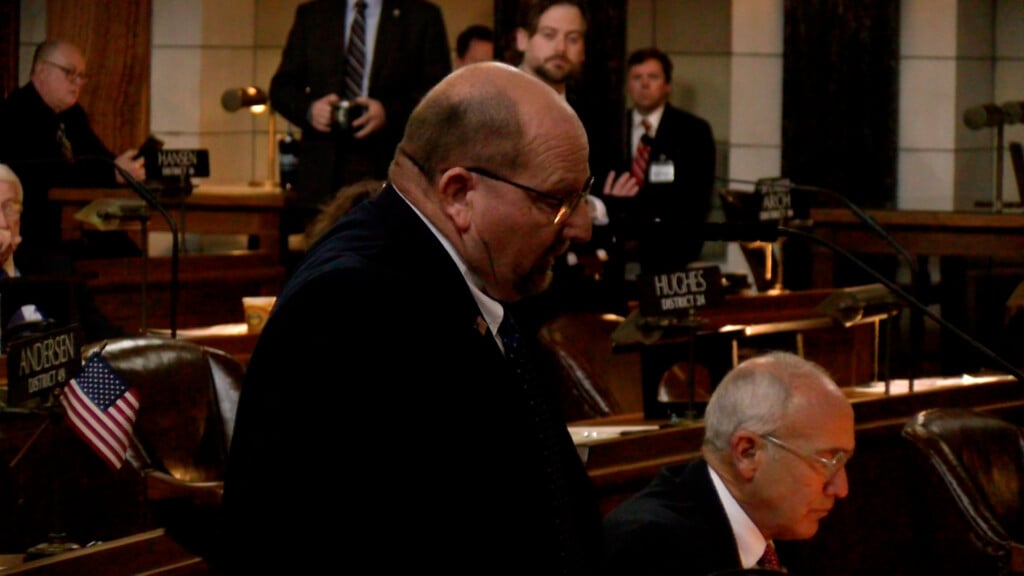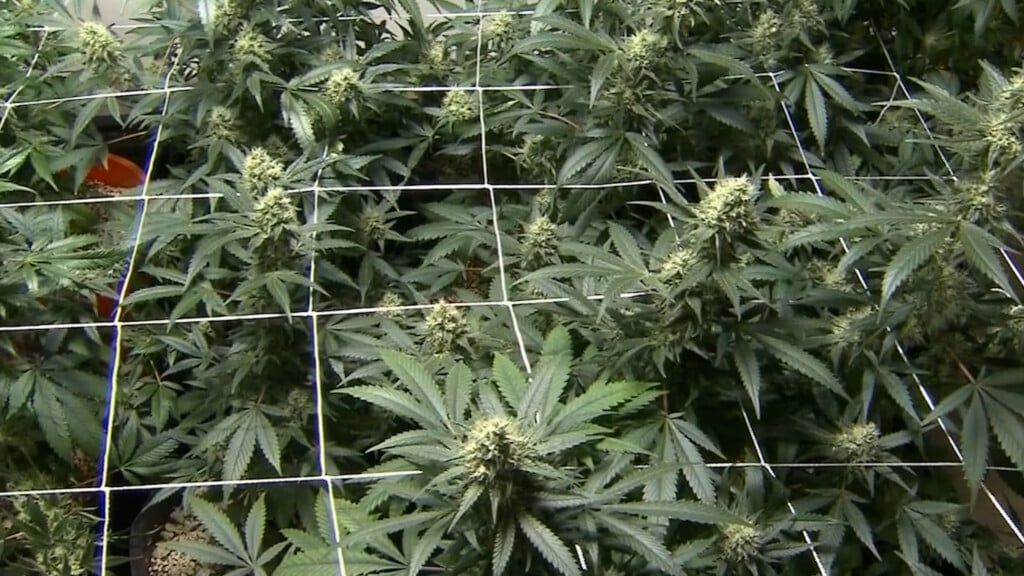Father shares why he supports proposed insulin cap bill
“People are making life-or-death choices between spending a few hundred bucks on insulin a month, or buying food, paying their rent, you pick it."
More than 30 million Americans have diabetes. In an effort to help out those families, Sen. Justin Wayne proposed LB30, a bill designed to cap monthly insulin costs at $100 per month.
For Steve Shirmang, the issue hits close to home. His son, Sam, was diagnosed with Type-1 diabetes at the age of three.
“One morning he woke up and he was thirsty, ravenously thirsty, to the point where he went to our bathroom to try to suck water out of bath toys,” Shirmang recalls.
Steve and his wife, Majken, were concerned. A few days later, Majken took their son to have his blood sugar checked. Typically, an average person’s blood sugar is around 80 or 90 milligrams per deciliter. Sam’s was at 600.
“My wife called me crying and told me, ‘Sam’s got Type-1, you’ve got to leave now, you’ve got to go to the hospital,’” Shirmang said.
From that day forward, the lives of the Shirmang family was forever changed.
“They told us, this is now his life,” Shirmang said. “Without insulin and management of his blood sugar, he will die.”
Sam’s life requires around-the-clock attention to his blood sugar levels. It involves training teachers, school nurses, and family friends on how to help assist him. He uses a continuous glucose monitor that helps his family members monitor his blood sugar on their phones. His friends recognize the alarm his phone makes when his blood sugar is getting low.
Steve says that because of his employer’s health insurance policy, his family pays $45 a month for Sam’s insulin pens. Without the policy, Steve estimates that the family would be paying $250 a month.
Steve currently serves as the Advocacy Team Chair for JDRF, a non-profit organization that funds Type-1 diabetes research. He is passionate about monthly insulin costs being affordable for families.
“People are making life-or-death choices between spending a few hundred bucks on insulin a month, or buying food, paying their rent, you pick it,” Shirmang said. “It’s a trade-off that people make on their health because of the cost and it’s killing people.”





